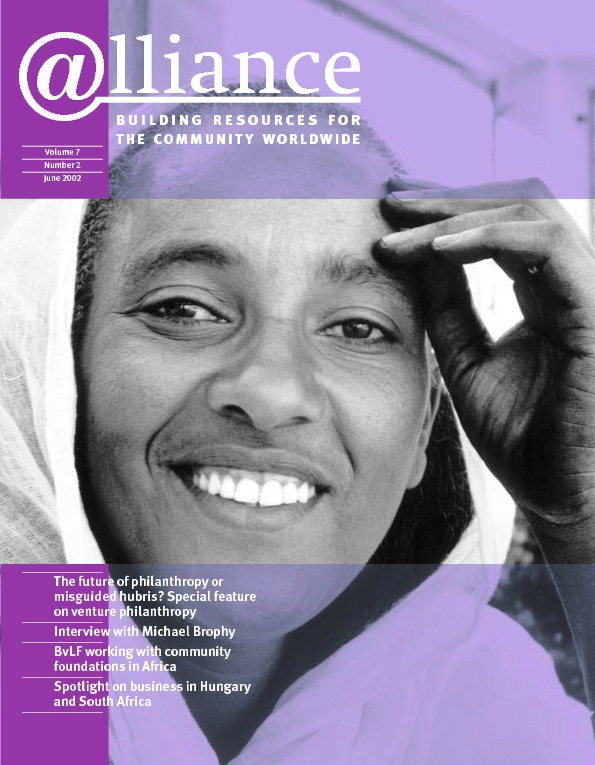‘It’s a travelogue’, he said, when I interviewed Nicholas Deakin shortly before this book came out. He explained that, following his chairing of the 1996 Report of the Commission on the Future of the Voluntary Sector in England, he was left with a host of unanswered questions about civil society. He needed a journey to answer them and In Search of Civil Society is the result.
It’s quite a journey. We visit the history of charity and welfare; mutual aid, community, and social capital; democracy; revolution, and the market. We have long stays in the UK and Hungary, together with fleeting visits to the US, Europe, the entire globe, and, as an unexpected bonus, that most elusive (and probably most expensive) of holiday destinations: Utopia.
It’s a good trip. The book is informative, lucid, and fast. Dispensing with dull academic conventions (such as the promiscuous use of Harvard referencing), Deakin teases out the essential arguments with a mixture of humour, wit and deep intellectual insight. He is incapable of writing a boring sentence. I gained a lot of new material from this book and was put in touch with old material that I had forgotten. It’s a learned book despite a lack of academic pretensions.
But, and there are always ‘buts’. And I have three. First, to understand civil society, the journey has to go South. Civil society is different there, and Northerners have much to learn from people in Africa, South Asia, and the Pacific. Second, it is not clear from the text whether he actually found civil society. Although we get a good sense of the functions performed in civic space – relations with the state, relationships between families and groups, efforts to create democracy, ways of transforming oppressive regimes, and protests against global capitalism – he does not give a synthesis of what all this means. Third, although he sets out a useful vision at the end (called ‘Some possibilities for my grandchildren’), this is tentative and there are no suggestions about how to realize it. Although there is a section on philanthropy and the good society, there is no suggestion about what philanthropists might do differently.
These points are as much a criticism of where he didn’t go on his journey as where he did. Certainly, as I continue my journey into these elusive domains, I will keep this book beside me as a travel guide, and I can assure you that it will be well thumbed.
Barry Knight is the Secretary to CENTRIS. He can be contacted by email at Centris_org@mac.com
In Search of Civil Society
Nicholas Deakin Palgrave £15.99
To order
http://www.palgrave.com





Comments (0)